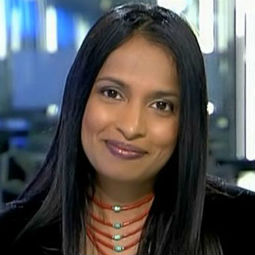Yesterday’s leaders have a plan for tomorrow’s peace
In the end, the 1,600-odd jirga delegates hammered out a proposal – that’s the good news.
But that’s also hardly surprising. The delegates were, after all, handpicked by the Karzai administration.
Where was Rashid Dostum, the warlord from the North and powerful Junbish boss? Count the Uzbeks out.
No sign of Mohammad Mohaqiq either. Should we count the Hazaras out as well?
And then, there were the old familiars: Burhanuddin Rabbani, the former Afghan prime minister, the man who could not control Afghanistan’s descent into civil war following the Soviet withdrawal.
Rabbani of all people was made jirga chair in a last-minute pre-jirga negotiation.
If we’re looking to Rabbani for the future stability of Afghanistan, I’m investing in a new wardrobe of body armor for the future.
But I’m being cynical. Most of the delegates attending the sessions – including the women – said the discussions were lively and the topics were soundly discussed, with all sorts of opinions freely aired.
This, I do not doubt. When it comes to airing their opinions at public forums Afghans are no wilting flowers.
But at the end of the jirga, my misgivings have not changed.
So they’ve come up with a statement endorsing the government’s proposal to seek peace with the Taliban.
Yeah, but haven’t we seen proposals emerge from under this very tent, which was donated by the German government eight years ago for the first loya jirga following the 2001 fall of the Taliban? And what came of all those proposals?
And how democratic are these jirgas in any case? I remember previous loya jirgas, when the sole woman who stood up to rail against the warlords present in the jirga tent – Tajwar Kakar - was promptly shut up and soundly threatened. Or how about the delegate who proposed calling Afghanistan an “Islamic” republic and no delegate – except one - dared be seen disagreeing with the proposal?
So we have a text. But we have no details on what’s happening to the UN blacklist that clearly states that some of the Taliban we’re out to make peace with should either be captured or killed.
And how in the world are these old fogeys from yesterday’s wars going to deal with the new mean breed of Taliban chiefs?




0 Comments
Post new comment